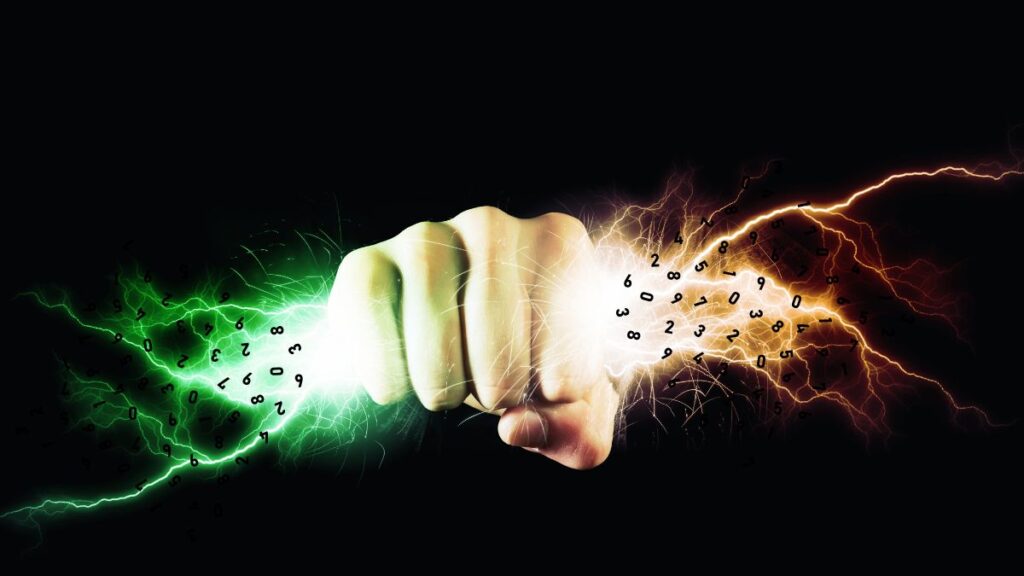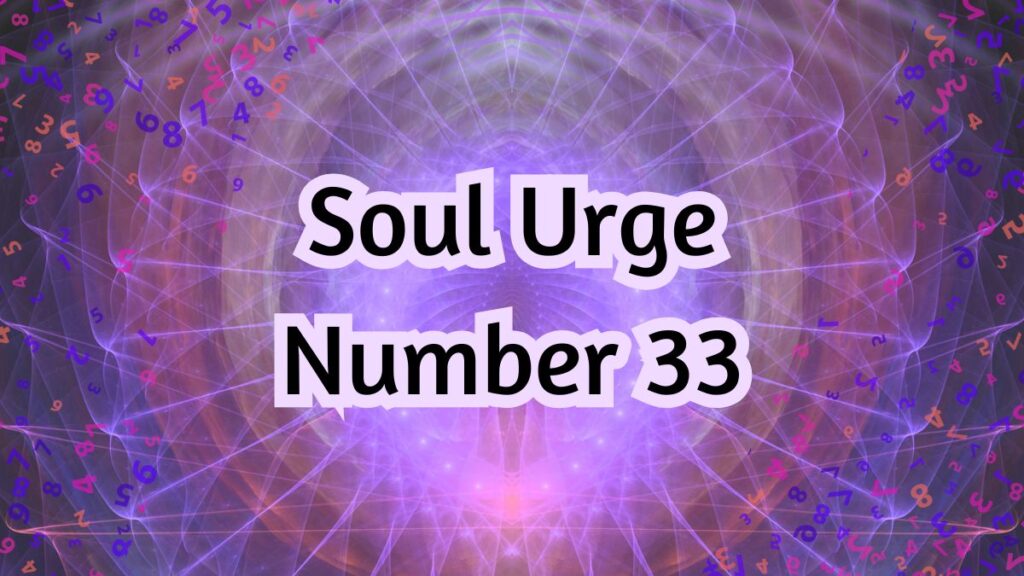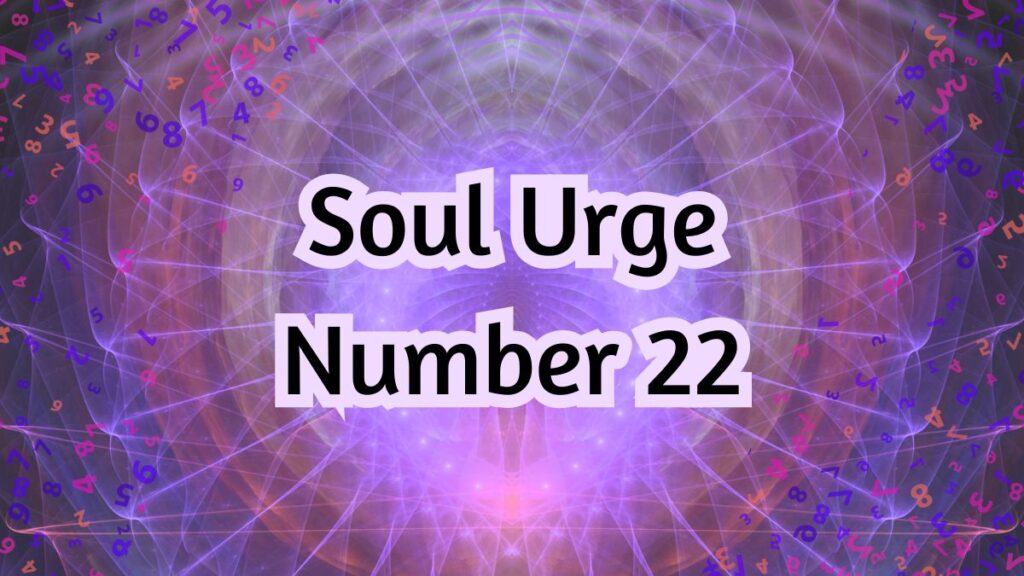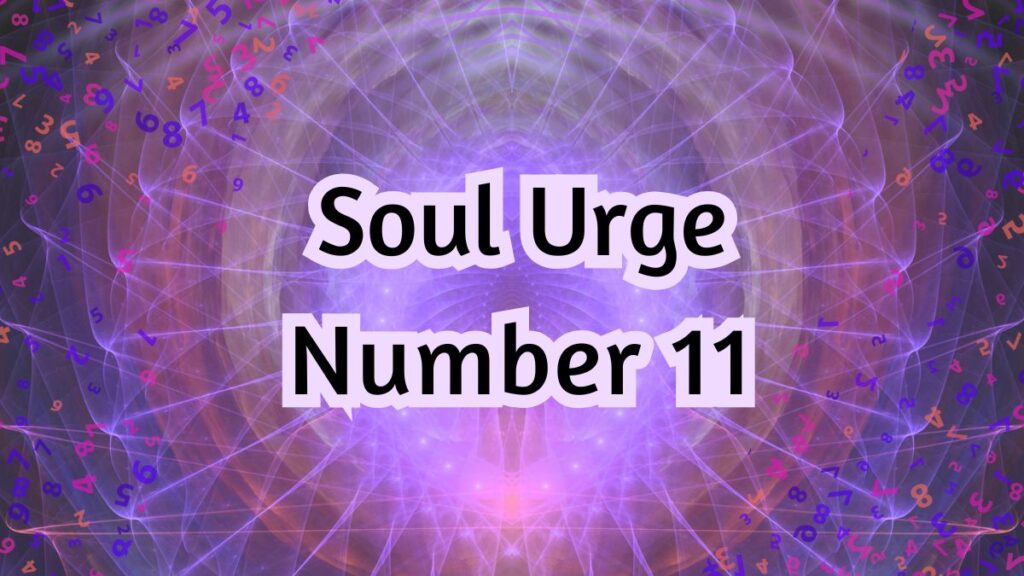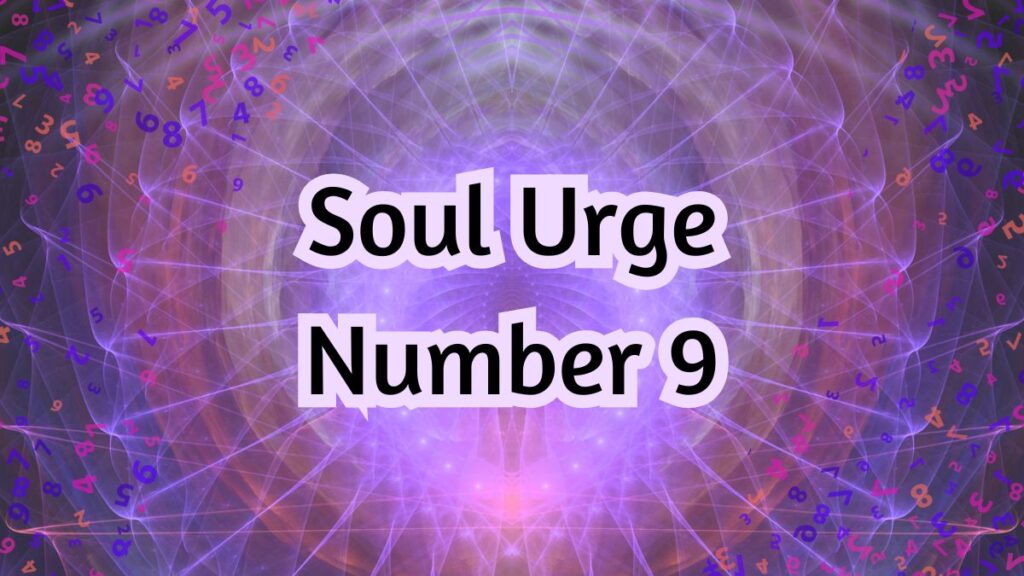The Most Powerful Numbers in Numerology
Explore the most powerful numbers in numerology across Pythagorean, Chaldean, Indian, Kabbalah, and Chinese systems. Uncover the meanings and influence of these numbers in shaping destiny and personal growth.
The Most Powerful Numbers in Numerology Read More »

